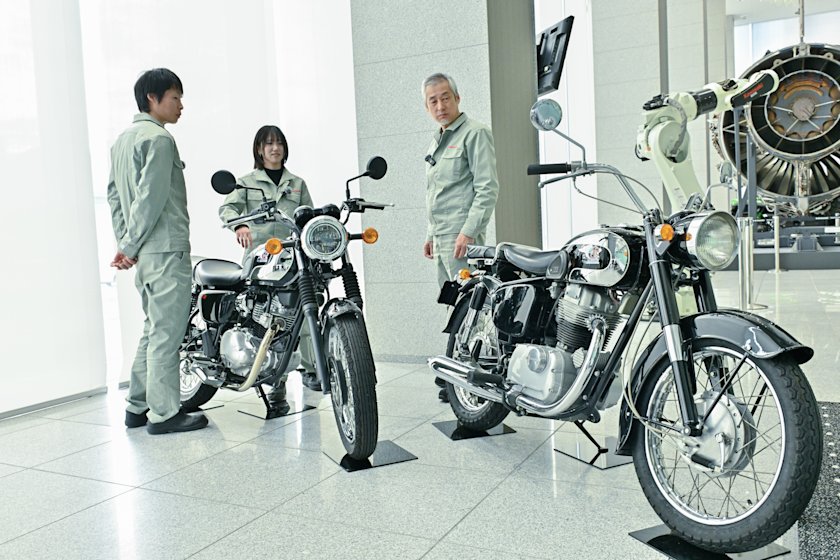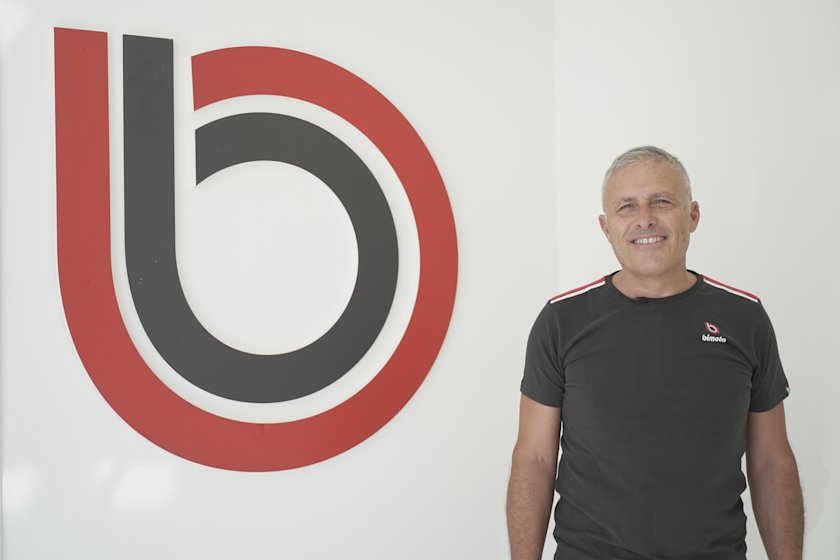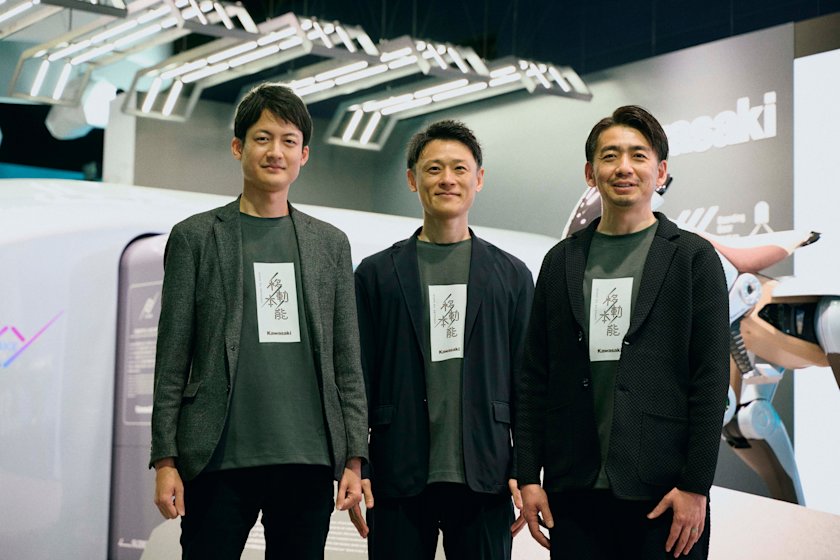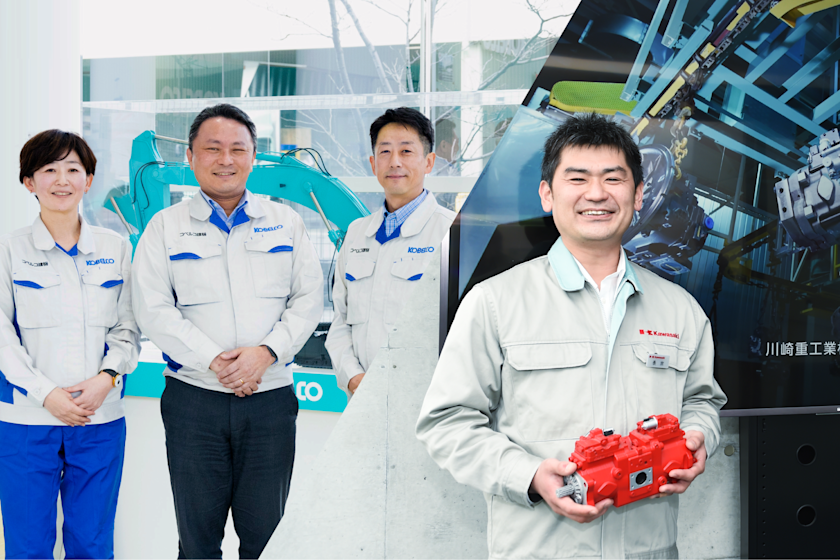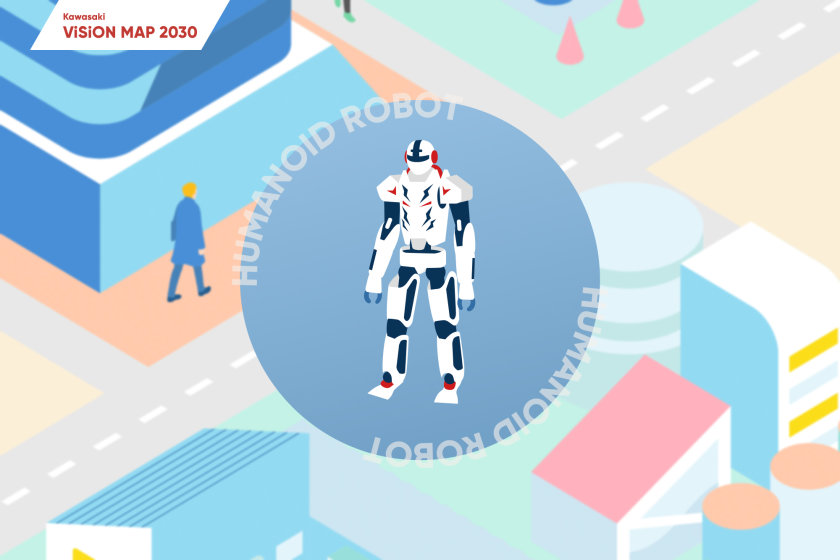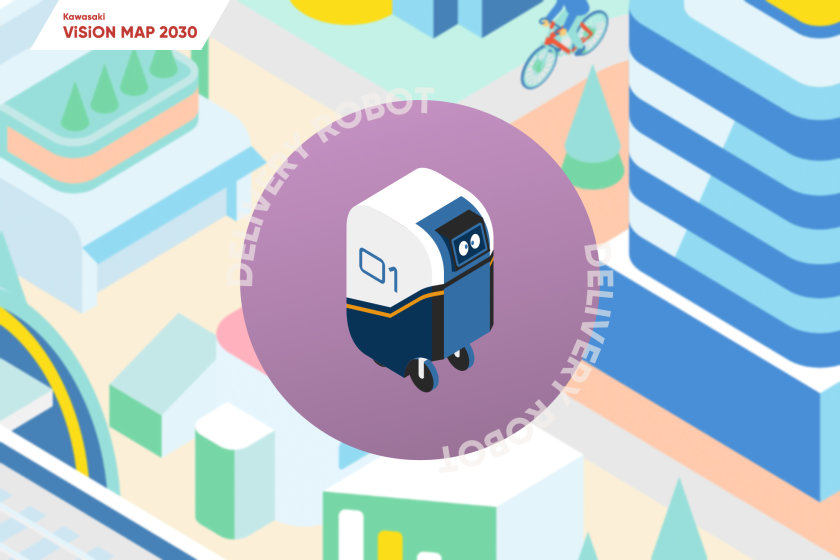Ensuring Safe and Secure Air Travel in the COVID-19 Era and Beyond Airport PCR Testing Service Offering Issuance of Negative Result Certificates
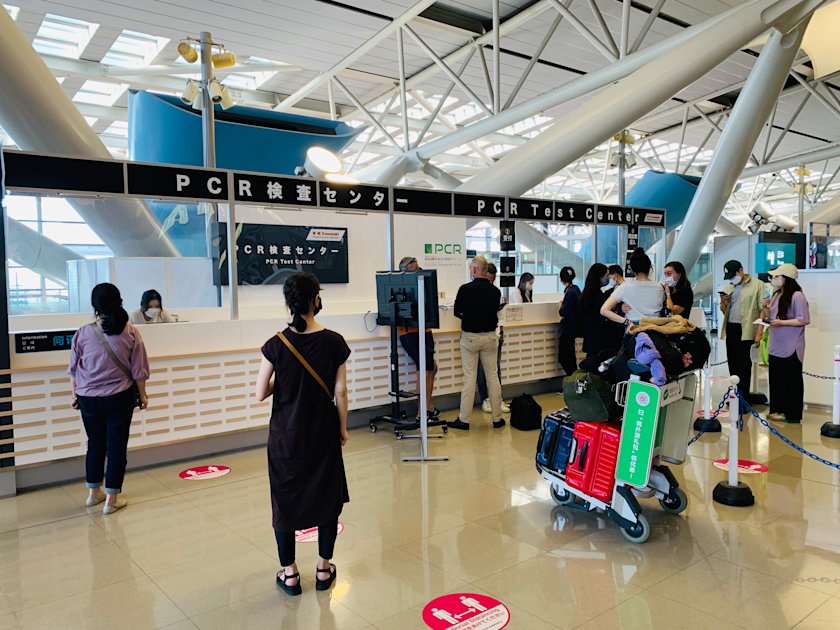
With the recent progress in COVID-19 vaccination and gradual easing of restrictions on overseas travel, people are once again beginning to travel more. However, we are still vulnerable to infection, particularly by new variants, and infection control measures and testing play an essential role in protecting our own health and the health of others, and in preventing the spread of COVID-19 in the places we travel to. In the coming months, pre-departure PCR testing will be necessary as people begin to travel more. In this article, we introduce our pre-departure PCR testing service available at the airport.
In many cases, even vaccinated travelers require a negative result certificate to travel abroad
As of August 2022, entry requirements vary from country to country. Without a negative test result, even a vaccinated traveler with no symptoms may be refused entry to a country. Special care should be taken regarding the issuance of negative result certificates, since different countries have different regulations on the method of testing and how many hours before departure the test needs to be done. *1
Against this backdrop, the spotlight has fallen on airport PCR testing services. The main advantage of this kind of testing is that you can go from testing to receiving a negative result certificate at the airport before you board the plane, eliminating the need to visit a clinic in the city just to get tested.
The service allows travelers to make use of their waiting time at the airport, or to take a test before a short-notice business trip. This convenience is also welcomed by travelers who arrive at the airport to find that the test they took in the city has already expired.
*1: Please check the Ministry of Foreign Affairs website for details of the regulations and restrictions on entry to foreign countries.
A robot-based solution to the airport testing challenge
At the airport, PCR tests need to be processed faster and in larger quantities than at medical facilities in the city. When handling large quantities of test samples, steps must also be taken to reduce the risk of infection to healthcare professionals. Kawasaki’s automated robotic PCR testing system (hereafter the “robotic system”) was created to overcome these challenges.
The system was developed jointly by three companies: Kawasaki, Sysmex Corporation, and Medicaroid Corporation. It is also used in PCR testing facilities operated by local governments, and has been introduced at Kansai International Airport, where tests are being carried out in collaboration with Kindai University Hospital and the Tomohirokai Medical Corporation.
One key feature of the system is that it delivers the test result in as little as 80 minutes and can operate for up to 16 hours a day, performing 2,500 tests. By applying industrial robot technology, we have created a testing system that handles large quantities of samples quickly and with a high degree of accuracy.
Junji Ohishi, General Manager of the Planning Department of Kawasaki’s PCR Supervisory Department, explains more about the robotic system:
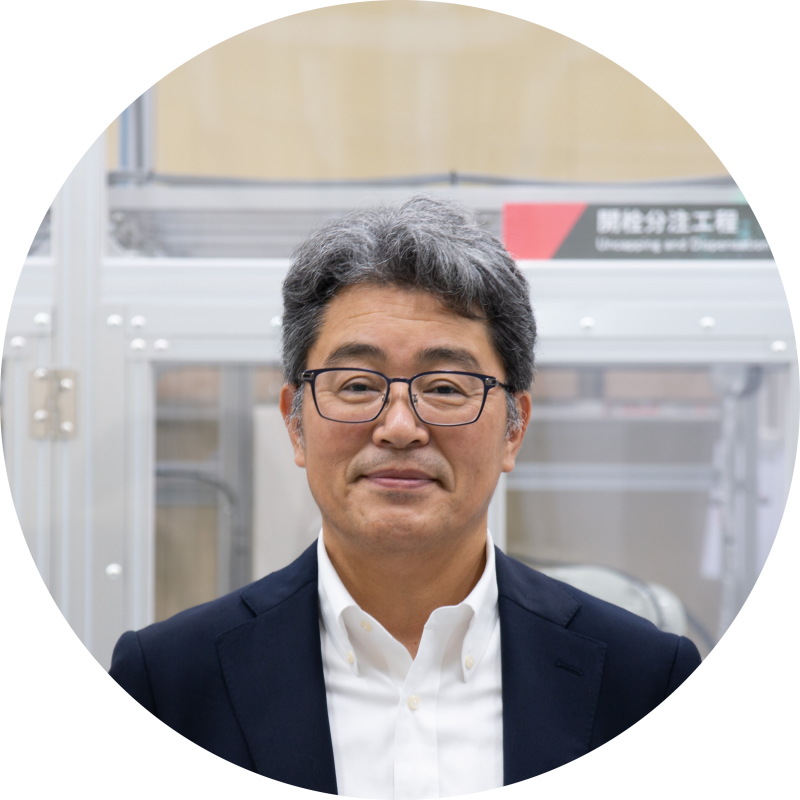
Being able to use robots to carry out a large quantity of tests in a short space of time is a huge advantage for users. Not only are they fast; the robots work with a high degree of accuracy. The robots repeat the same steps perfectly, ensuring uniform, high-quality testing. They can also manage large quantities of specimens thoroughly, using automatic ID recognition and cloud computing. This can greatly reduce the risk of errors, such as defects and mixing up of specimens during the testing process.
When all the tests are performed by humans, it is difficult to work for a long time, and staff may not have a uniform level of testing ability. The advantage of testing services that use robots, which are accurate and can operate continuously, is that a large number of users can receive correct test results. Ohishi emphasizes the advantages not only for users, but also for the staff who carry out the testing and the facilities where the service is introduced.

Essentially, the entire testing process is performed by robots, so the testing staff do not need to touch the specimens. So, the risk of becoming infected at work can be greatly reduced. Here too, the system performs well in terms of ensuring safety and security.
The system was introduced at Kansai International Airport in September 2021, followed by another service at Narita International Airport in August 2022. We also hope to further expand the service going forward.
Another feature, which general users may be unaware of, is that the whole series of operations can be completed inside a single 40-foot-long container. Since you only need to move the one container, it’s easy to build and maintain the testing environment, and the service can be rolled out quickly. Another crucial point is that the system offers better convenience for service providers, helping them expand their service scale to meet growing demand for testing that is quick, accurate, safe and secure.


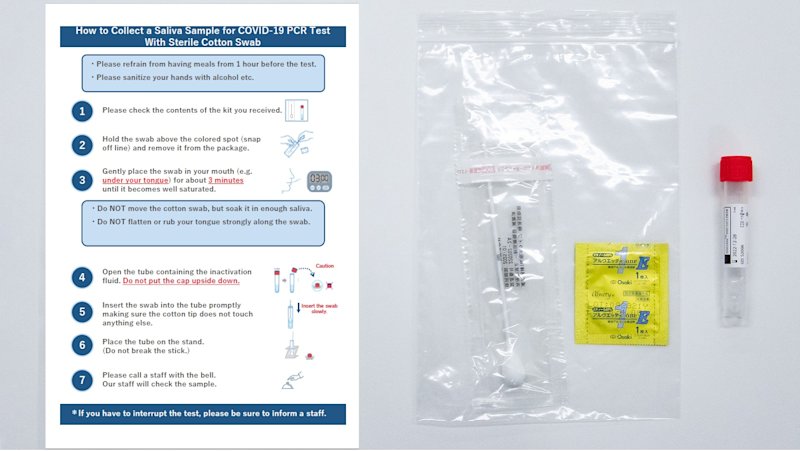
For airport testing, convenience is key
Kawasaki is developing systems and providing testing services, with special emphasis on safety and security. So, what is needed on the ground at Kansai International Airport where the actual testing takes place?
Keiichi Nakayama, who is in charge of safety and risk management measures, including PCR testing services, at Kansai International Airport, stresses that, as well as serving the needs of travelers, the main purpose of the service is to prevent the spread of infection overseas.

Each country has measures and regulations in place to prevent the spread of COVID-19. One example is when a pre-departure negative result certificate is required to ensure that the traveler does not have COVID-19 before entering the country, and travelers must follow this rule. Even though you want to travel, you may not be permitted to board an international aircraft if you do not meet this requirement.
Of course, convenience is another important factor when travelers are required to arrange negative result certificates. There is a growing need for services where travelers can be tested quickly and reliably at the airport, and then receive a negative result certificate that meets Japanese medical regulations, without having to wait.

What is needed with airport testing is convenience. It makes sense, then, that the robotic system, which can carry out high-volume testing quickly and accurately, has found its place at the airport. According to Mr. Nakayama, the airport is meeting the needs of travelers by allowing them to get tested before they travel, immediately before check-in.

The requirements for negative test results vary from country to country. To give an extreme example, a country may refuse entry without proof of a negative test taken within 24 hours of departure. In such cases, the test needs to be done as close to the departure time as possible. With a robotic system that can complete the tests in as little as 80 minutes, for a PCR test at Kansai International Airport, for example, you can receive your result at least 3 hours of arriving at reception. If you can test at the airport, it is still helpful even if the requirements are strict.
According to Nakayama, the airport management hopes that the technology will be applied not only for COVID-19 testing service but in other applications as well. In the future, we may be able to take even more steps to remove people’s worries and help them travel safely and securely.
Feedback from Service Users
If I hadn’t taken a test at the airport that day, I might have been fired!
One major advantage of being able to get tested at the airport is that it is compatible with short-notice business travel. In fact, some people even come rushing into the testing center for a test and a negative result certificate.
Take the following case for example: A businessperson rushes in for a test saying, “I might not make it, but it’s worth a try.” The person was confirmed negative and obtained a negative result certificate before boarding. Before he left, he said, “Thank you so much! If I hadn’t have been able to depart today, it would’ve been the end of my business. I was just writing an email of apology to my boss!”
Then, he returned to the test center a few days later, and left a message of appreciation: “If I hadn’t been able to depart that day, I might have been fired! I really appreciate it!” This demonstrates the enormous advantage of being able to access testing in urgent situations.
On a questionnaire of service users, 95.7% want to use the service again
The questionnaire of users showed that besides short-notice business travel, users recognized a variety of other advantages.
The questionnaire responses revealed...
Advantages of robotic testing:
• The result is delivered quickly.
• You can take a test on the day.
• You can get a certificate at the airport.
• Being able to test during your spare time at airport is convenient.
Expectations for the robot-based testing system:
• I think it would reduce the chances of human error.
• I hope you expand the technology to other infectious diseases.
• I think it’s good as the risk of infection is reduced.
95.7% of those who used the service would like to use it again. Many people are happy with Kawasaki’s services. Demand for PCR testing is expected to rise along with the spread of infections. Kawasaki aims to build a society in which many people can easily access testing with robot-based services.
Hoping for a resumption of travel with safer testing
This article introduced our service for airport PCR testing and negative result certificate issuance. How can we make it safer and more convenient and for people to undergo testing and travel abroad freely? With our eyes open to what society needs, we will provide solutions that utilize robotic technology. Kawasaki continues to support society, helping us protect ourselves and those around us.

Kawasaki Heavy Industries, Ltd.

Operation Division
Kansai Airports



